To Oliver Walston: A visionary, a farmer and a friend
Carla Carlisle writes of her friend Oliver Walston, who was often known for 'thinking the unthinkable and saying the unsayable' in the agricultural world of East Anglia.

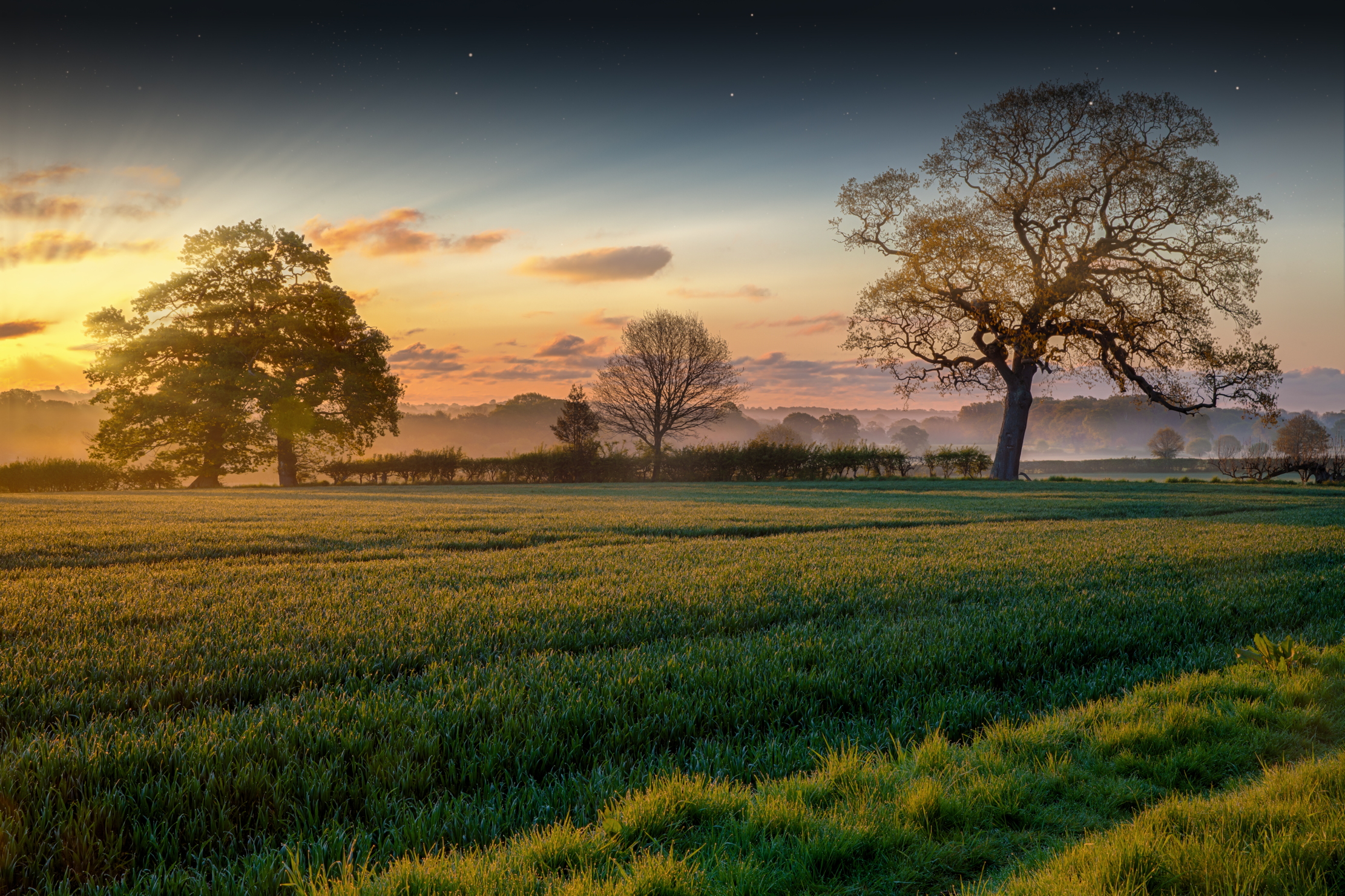
The quail were split along the breast bone, flattened with a cleaver, dipped in beaten eggs, shaken in a paper bag with flour, pepper and salt and fried in butter and olive oil until tender. The little birds were then nestled onto a bed of creamy grits oozing with butter.
This was Sunday-morning breakfast for a million listeners on Radio 4’s On Your Farm, back when Farming Today presenter Oliver Walston interviewed farmers in their kitchens. In our case, breakfast was in the 400-year-old barn we had converted into a vineyard restaurant, inspired by my apocalyptic vision of the future of British farming.
Oliver found out about this wild-eyed endeavour after I wrote a one-off column for Big Farm Weekly. My copies of The New Yorker piled up unread as I defected to the earthier world of the farming press. I was often out of my depth, but I was spurred on by a visit from the agricultural manager of our bank. He hardly spoke during the tour of the vineyard and the renovated barn, but, as he left, he said: ‘Forget the Pinot stuff. Stick to wheat and barley. Thanks to Poland, East Anglian arable farmers will survive. Grain stores are almost empty. Demand will increase as the West helps to fuel Glasnost.’ He never mentioned that 74 farms in Suffolk and Norfolk had been on the market all summer. I didn’t think I had a scoop, but I thought it a story worth telling.
The day after my article appeared, a letter arrived from Oliver. I didn’t know him, but in the 1980s my husband donated a tonne of wheat when Oliver launched his charity Send a Tonne for drought-stricken Africa. His farm, Thriplow, was an hour away, 2,000 acres of chalky land in south Cambridgeshire. He wrote that his mother and his wife were Americans and that he knew Greenwood, the small town in the Mississippi Delta where I was born. He was friends with the Whittingtons, whose plantations were part of the tapestry of my childhood. Typically, he knew by heart the menus of the town’s two best restaurants, Lusco’s and the Crystal Grill.
Discovering Oliver Walston was just down the road in the arable and often arid world of East Anglia was like rainfall in a drought. Famous for ‘thinking the unthinkable and saying the unsayable’ — he was a fearless whistleblower about the vast EU subsidies that sprang from the Common Agricultural Policy (remember that?) — he admitted that he was never tempted to be ‘the only socialist on the block’ and reject the subsidies. He did what all farmers did, but on a bigger scale: he invested those cheques in bigger and better machinery and bought more land.
'I put the note on my desk to write back. I waited too long. Last week, I opened The Times and there was Oliver’s obituary — a full page for a full life'
Thanks to the taxpayer (‘Bless their hearts’), he transformed his farm. In the 1950s, Thriplow covered 3,000 acres, employed 80 people, had 300 pigs, a pedigree herd of 250 Jerseys, sheep, chickens and turkeys. Wyken, a mere 1,000 acres, had 23 men on the farm, a pedigree herd of Friesians and 12 Suffolk Punches. It was the world of Ronald Blythe’s Akenfield: beautiful landscape, hard work, low wages, tied cottages, no profit.
Farms like Thriplow and Wyken now operate with two or three men at most. Another irony: both my husband and Oliver wanted to farm, but it was not an obvious choice for either: Oliver — Eton, Cambridge, Princeton, publishing in New York where he met his American wife, Anne Dunbar; my husband — Harrow, Oxford, two years on estancias in South America with Brook Bond Liebig.
Exquisite houses, the beauty of Nature, and how to get the most from your life, straight to your inbox.
When Oliver’s older brother proved less dedicated to the agricultural life, Oliver persuaded his father to give him the farm. His father agreed on condition that his over-educated son spend two years working as a farm labourer earning £22.50 for a 42-hour week. When my husband, an only son, told his father he wanted to farm Wyken, he was sceptical, but agreed. They both took on the farms in the early 1970s. Both men could drive a tractor, but were unable to reverse a trailer. Both farms were losing money, and everything that didn’t add up — cows, sheep, pigs, chickens, turkeys — went. Fields were enlarged, hedges demolished and wheat, oilseed rape and sugar beet drilled on the unsentimental prairies.
One day, Oliver discovered an account of the farm his father had written in 1953 and decided he would write one for that year. It was the beginning of his career as rural raconteur and agent provocateur. Columns appeared in the farming and national press; he broadcast for the BBC and made a television series, Against the Grain (now on YouTube); expanded the farm to 3,000 acres, then reduced it to 1,200. He wanted readers and viewers to know what was happening in farming, here and around the world.
We stayed in irregular touch. Early in July, Oliver and Anne left a note to say they’d been at Wyken with their son David, celebrating their 55th wedding anniversary: ‘Tried to let you know, but have wrong email. Let’s be in touch.’ I put the note on my desk to write back. I waited too long. Last week, I opened The Times and there was Oliver’s obituary — a full page for a full life. He died of pneumonia two weeks after that anniversary lunch.
Oliver was a more sensitive steward of the land than people knew. He also worried about a world that by 2050 will have 9.5 billion people: ‘We will need every acre that grows 16 tonnes of wheat.’ When he heard the words ‘organic agriculture’, he’d warn: ‘Somebody is going to have to decide which 50 million people we are going to let starve.’ He liked to say that he was interested in ‘sustaining human beings’. He was also good at sustaining friendships; his last note makes me vow to be better.
There is a good postscript. Oliver’s son David began running the farm nearly 10 years ago; our son Sam began farming at Wyken four years ago. They are both transforming the prairies, creating habitats and wetlands for wildlife; both are committed to ‘regenerative’ farming, as well as achieving the yields needed to feed a hungry world. This is what Oliver always believed subsidies to farmers should be spent on. He firmly believed each generation — of machinery, seeds and family — should ‘exceed its breeding’. It’s a mighty good legacy.
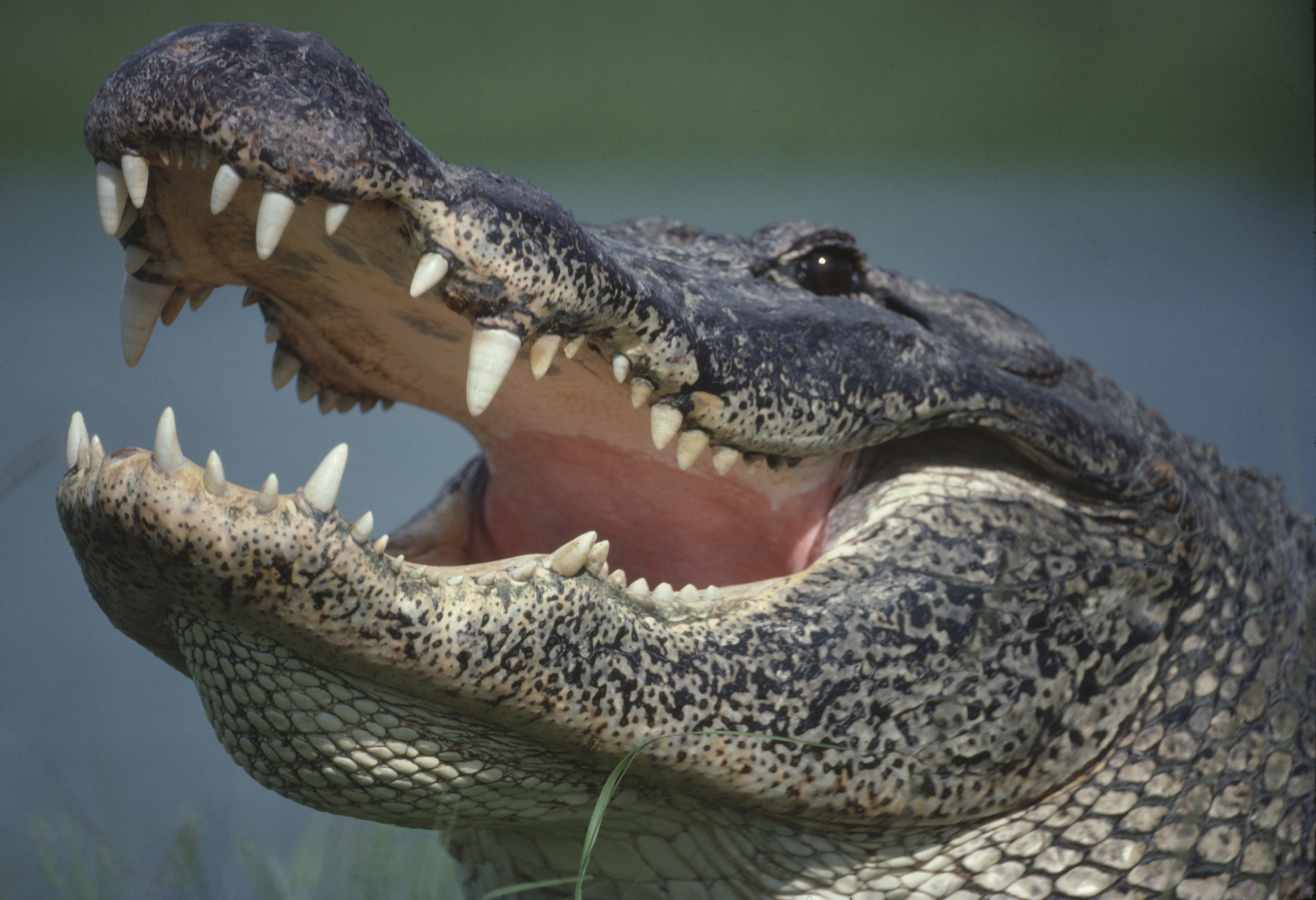
Credit: George Shelley Productions via Getty Images
Carla Carlisle: If Jeremy Clarkson was on the ballot, he'd win the farming vote easily
Our columnist from across the pond reflects on the turbulent state of politics, and retains hope for a more predictable
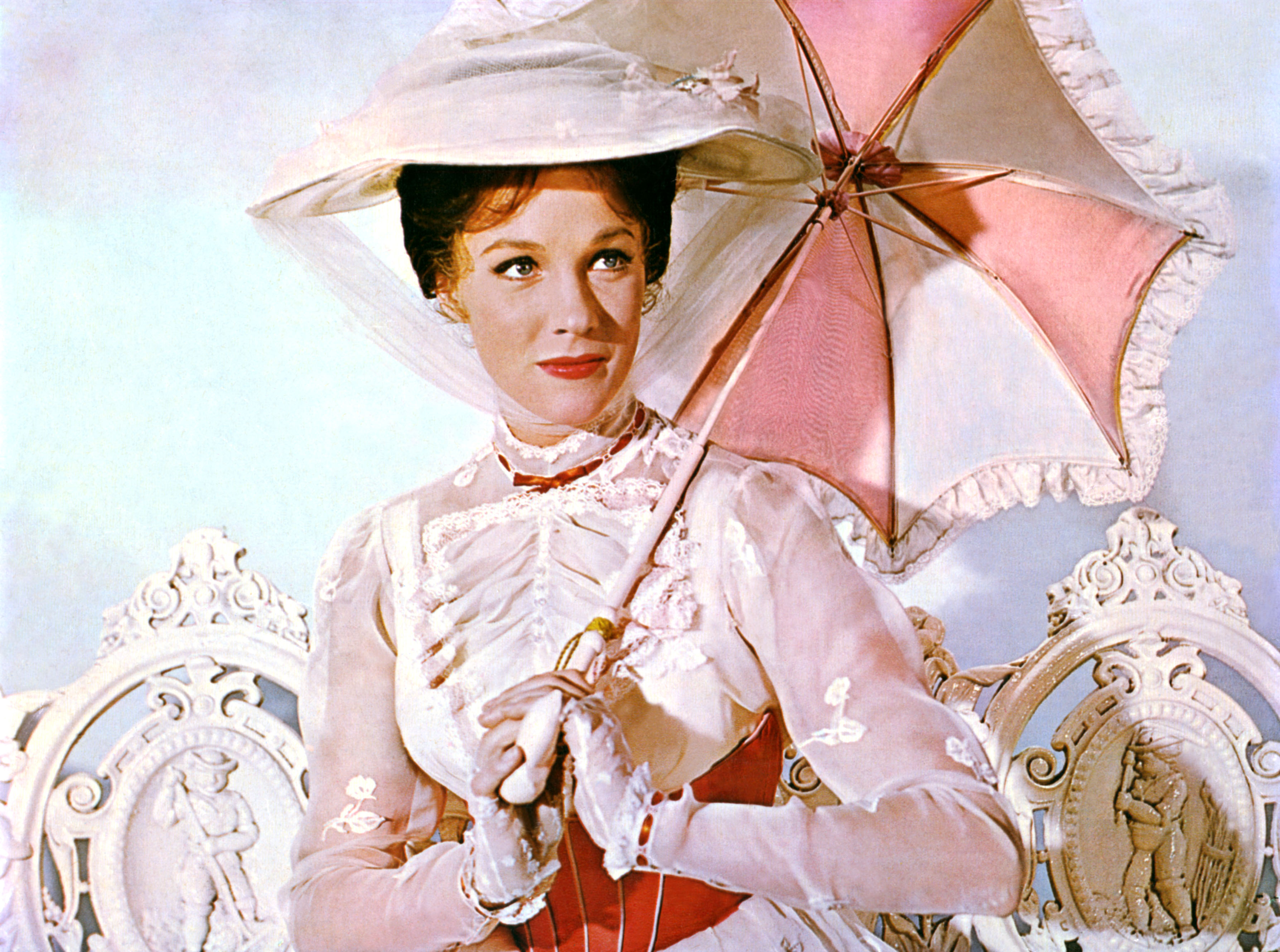
Carla Carlisle: The Nanny State isn't to be feared — it can fix pretty anything from the NHS to the Post Office
Put your worries aside and join Carla Carlisle on a journey in to common sense.
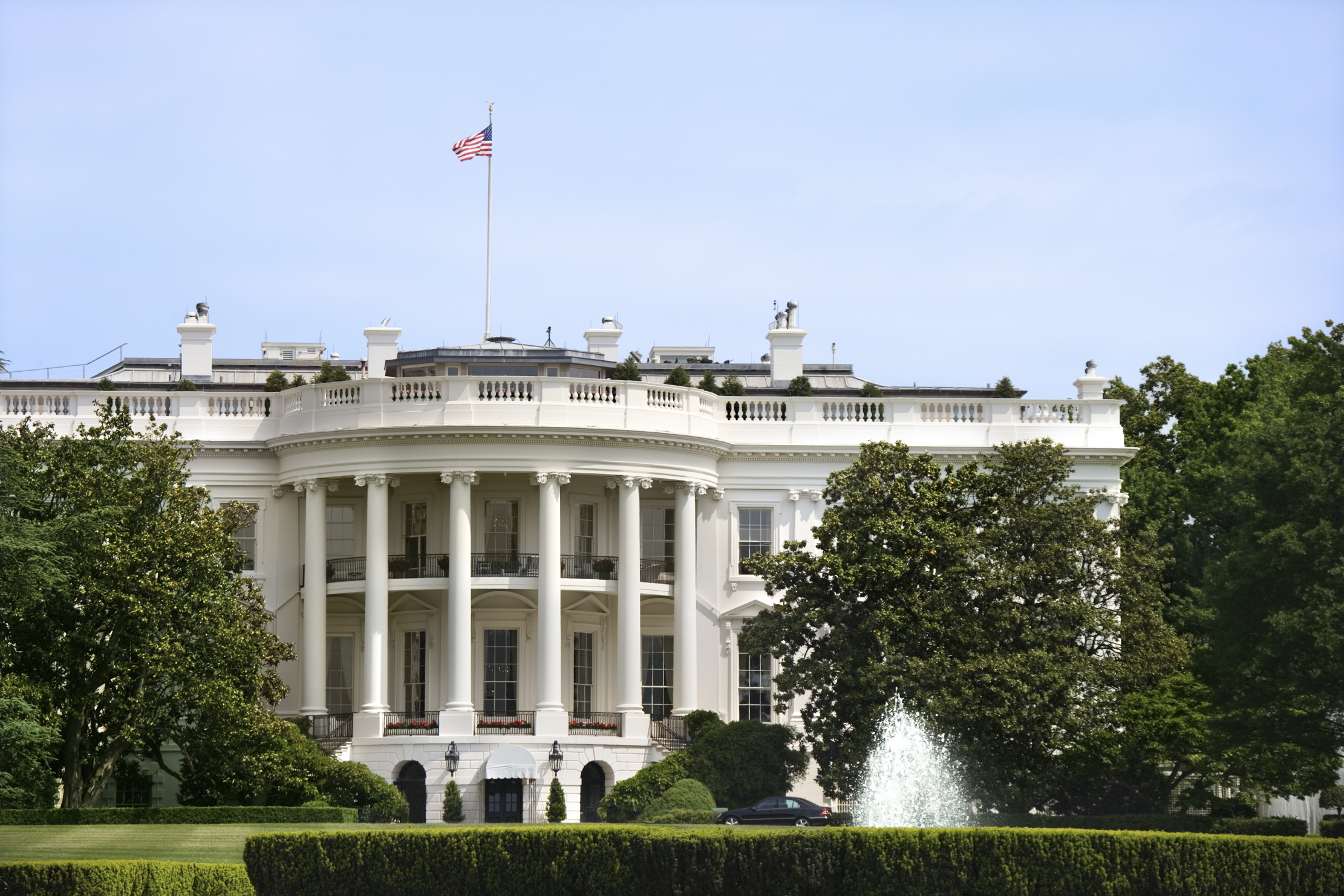
Credit: Thinkstock/Getty Images
Carla Carlisle: 'Sometimes, repetition brings revelation'
Did we learn the lessons about Donald Trump from eight years ago? Probably not, says Carla Carlisle.
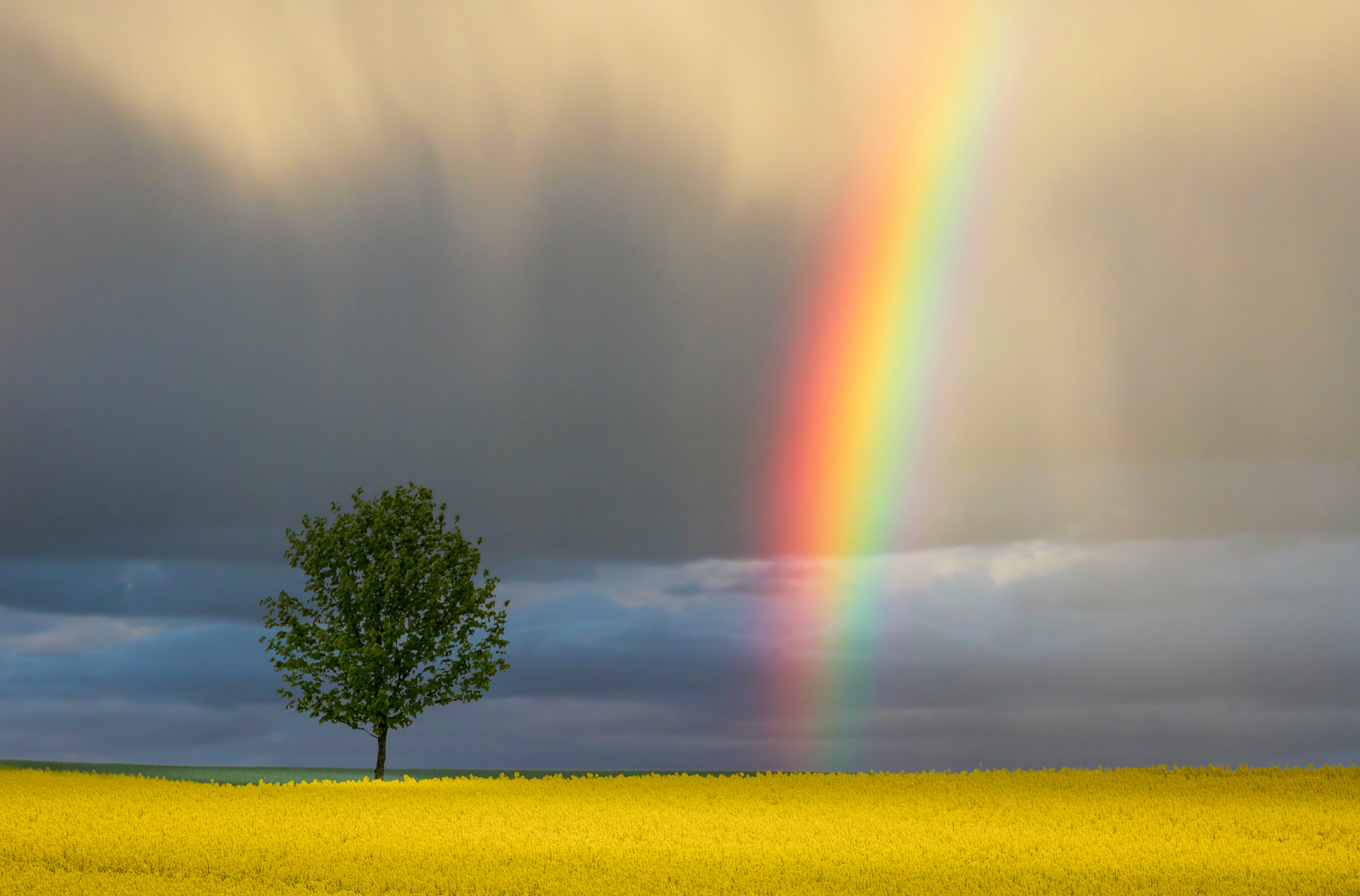
Carla Carlisle: Trying to believe that people will step back from war, elect an honest man
Even as the problems of the world grow greater, Carla Carlisle commits to being an 'affirming flame' of hope.
